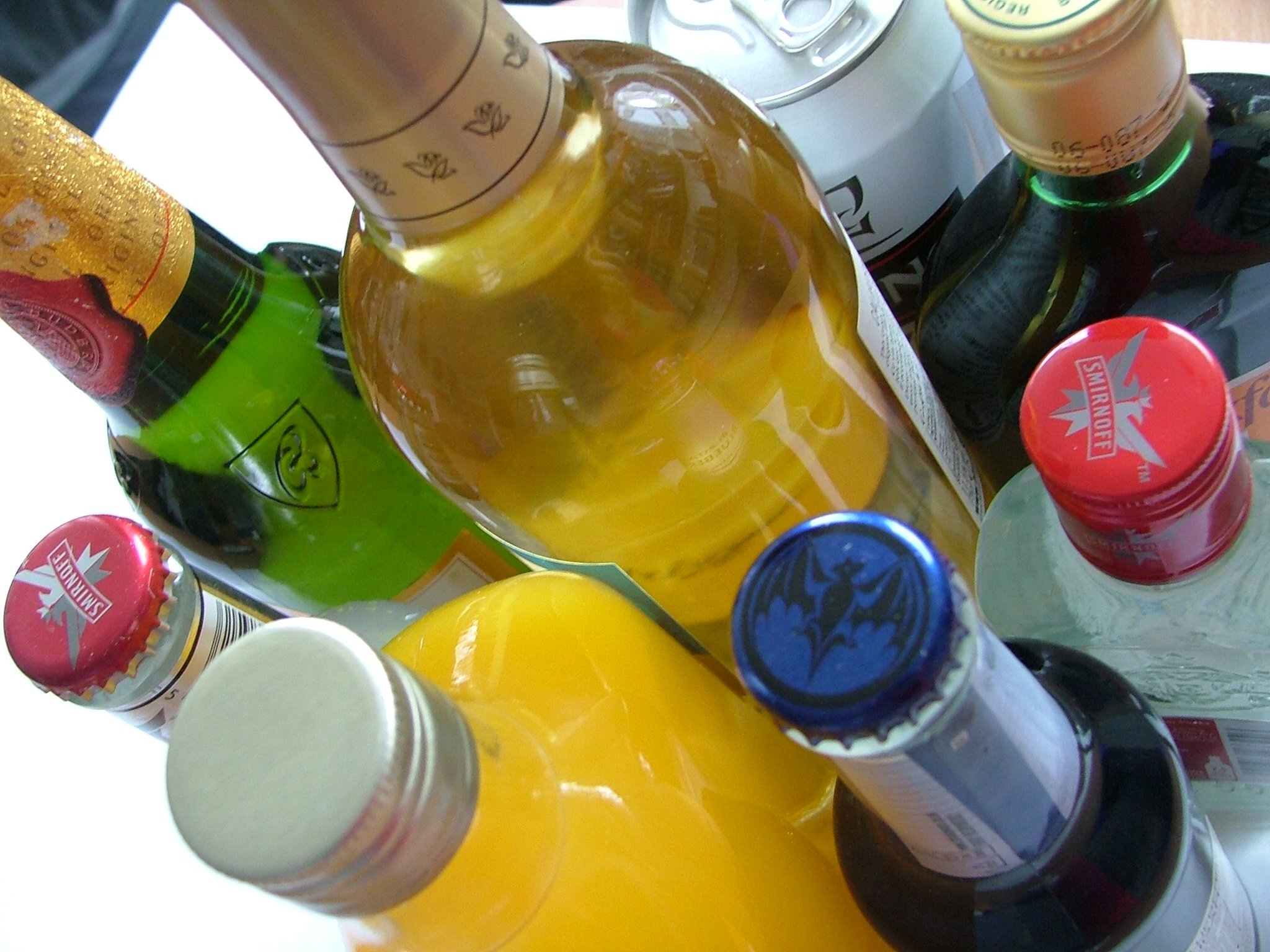
Q: Dr. Hurd, in your recent article on addiction you mention and provide a link to Rational Recovery. What about the offshoot program, SMART Recovery?
A: I don’t like SMART Recovery as much as Rational Recovery. It’s not as hard hitting, and it’s deliberately non-ideological. “Non-ideological? Isn’t that a good thing?” many would ask. Not to me. I’m a cognitive therapist. The whole premise of my approach is that ideas cause emotions and behaviors. When I see something that’s devoid of ideas, probably on purpose so as to avoid offending anyone in any way, it does nothing for me.
SMART Recovery’s website states: “SMART Recovery is the leading self-empowering addiction recovery support group. Our participants learn tools for addiction recovery based on the latest scientific research and participate in a world-wide community which includes free, self-empowering, secular and science-based, mutual-help support groups.”
Notice how an ideology is implicit here. The ideology is: Reason, science, rationality, self-preservation. I like this ideology. But from what I can see, the organization doesn’t drive at the core (i.e. underlying premises) of addictive behaviors the way Rational Recovery does. It doesn’t hold the individual squarely responsible for the errors in thinking and action that are perpetuating the problem. This is just too coddling, so far as I’m concerned, and addicts don’t need to be coddled. They don’t need to be harassed or condemned as evil either, but they have to see the facts for what they are and face them squarely. Maybe SMART Recovery has done this for some people, but I don’t see their overall approach as encouraging this in any explicit way.
SMART Recovery’s specific approach is outlined as follows:
Teaches self-empowerment and self-reliance;
Encourages individuals to recover and live satisfying lives;
Teaches tools and techniques for self-directed change;
Meetings are educational and include open discussions;
Advocates the appropriate use of prescribed medications and psychological treatments;
Evolves as scientific knowledge of addiction recovery evolves.
OK, fine. But this still doesn’t tell me how. Jack Trimpey, writing at his Rational Recovery website, provides some very definite ideas on how to “tame the addictive beast” within you. He pulls no punches in describing, in painful detail, how the rationalizations of your own mind are what bring you down. Without knowledge and confrontation of those rationalizations, I don’t know how you’re going to get to “self-empowerment” and self-reliance. What is self-reliance, anyway? It’s a deep-seated confidence in the use of reason. It’s the learned belief that, “Reason is my means of survival” combined with, “I can and will use reason and logic in my daily life — with all things.”
To be fair, SMART Recovery does appear to be using cognitive-behavioral therapy techniques such as cost-benefit analysis, introspection and the like. This is all well and good, and I’d encourage anyone to attend SMART Recovery before AA or NA, to be sure. I also like that SMART Recovery provides online discussion, meetings in person, and actively encourages individual counseling with a rational therapist as a supplement. I could visualize someone using a combination of Rational Recovery, on his own, plus the interactive and interpersonal support provided by SMART Recovery groups.
Are groups always a necessary condition for changing an unwanted behavior? No. But they can help, and they undoubtedly help many, and I’d vote for a SMART Recovery group before an AA or NA group, particularly since they encourage a scientific and reason-based approach rather than the supernaturalism of AA. I know that AA leaders insist they’re not religious, but they rely on religious premises just the same when they talk of a “Higher Power” curing you. This flies in the face of Rational Recovery’s assertion that YOU change yourself, and only you do — nothing external stops the self-destructive behavior for you, Higher Power or otherwise.
In practice, AA often collapses into a dependence on not just group support but groupthink to be told what to do. The addict replaces dependence on substances to escape the responsibility of thinking with dependence on sponsor and group — to similarly escape the responsibility of thinking. Not good!
I’m heartened to see more alternatives to AA coming to life. As alternatives go, my vote is still for Rational Recovery over SMART Recovery.
